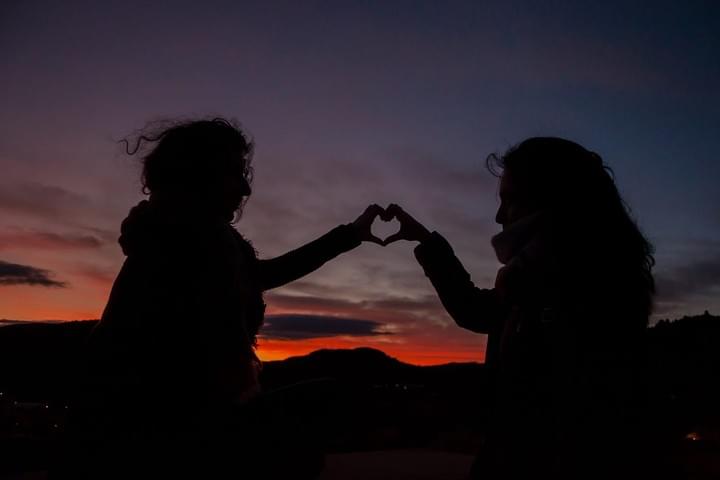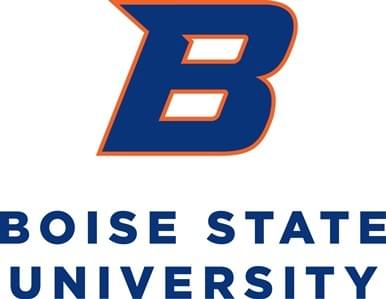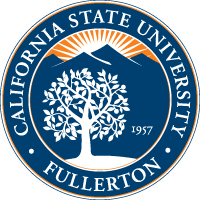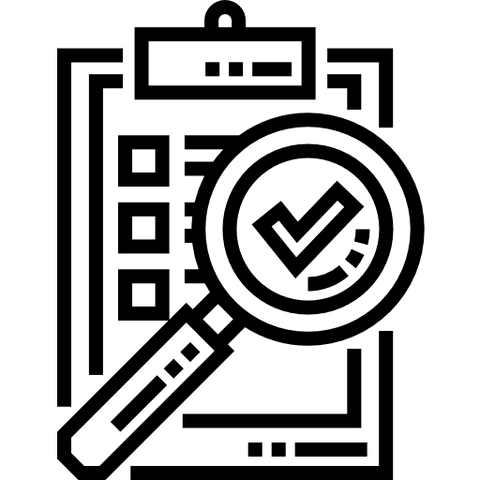

Jessica D. Ayers
Assistant Professor
Department of Psychological Science
Education 620
Boise State University
Hi, I'm Jessica D. Ayers!
Assistant Professor of Psychological Science
Boise State University
I'm an assistant professor in the Department of Psychological Science at Boise State University and director of the APE Lab.
I study the behavioral manifestations of genetic conflict, or how the genes we inherit from our parents fight with each other and the impact that this conflict has on our behavior.
What are behavioral manifestations of genetic conflict?
I study the behavioral manifestations of genetic conflict (it's a mouthful, I know). To understand what that means, think back to biology 101: We get half of our genes from our mom and half from our dad. This combination results in a novel individual with a totally unique genetic profile! Turns out, that's not the end of the story. Throughout development, our genes continue to interact with each other: sometimes they agree and sometimes they disagree. These "arguments" impact the way an individual grows, develops, and behaves over their lifespan. My work detects these genetic "disagreements" and examines how they influence important components of an individual's life, including their development and romantic relationships. You can read more about genetic conflict in an article I wrote here.
Ongoing projects

Genetic conflict in the womb
Traditionally, pregnancy, birth, and lactation are considered to be harmonious interactions where mother and child work together to meet their needs. However, we know from parent-offspring conflict theory that maternal and fetal interests may not always be aligned - the fetus will want the mother to invest more resources than is optimal for the mother, and the mother will want to spread her investment and resources across multiple children. I'm interested in where the trade-offs between maternal and fetal interests are and how evolutionary theory can help predict, detect, and treat problems caused by conflicts of interest. Some of my current research looks at how conflict during pregnancy might actually influence what moms do and don't eat during pregnancy, and this gives some insight into potential pregnancy complications.

Genetic conflict in the family
Traditionally, relationships with family members have been treated as cooperative regardless of who the person is. But, just like genes from mom and dad can be in conflict, family members from the maternal and paternal side of the family can have conflictual relationships. But the sources for conflict and cooperation exponentially increase from here, genetic relatives (such as mom, dad, sister, brother, etc.) have relationships both within a family and across families after marriage (such as with a mother-in-law, father-in-law, sister-in-law, brother-in-law, etc.). We have begun to investigate how relationships with these individuals have different amounts of cooperation and conflict as a result of differences in genetic relatedness.

The rules of friendship and friendship maintenance
I'm also interested in understanding how people become friends, and how this might be influenced by the underlying differences in genetic conflict. The general consensus in the current friendship literature is that men and women "use" their friends for different purposes, with women forming more intimate, close, and dyadic relationships while men for looser, larger, and more hierarchically structured friendship groups. This is presumably because women have faced evolutionary pressures that fostered the development of dyadic structures (such as alloparenting and familial replacement) while men have faced evolutionary pressures that have fostered the development of coalitional structures (such as warfare and hierarchies). I am interested in how these differences in evolutionary pressures interact with our genes to produce different friendship initiation, maintenance, and dissolution patterns. I am also interested in the possibility that these inherent differences lead to different "rules" that we want our friends to follow as well as different traits that we want our friends to have.
Academic me

Boise State University
Department of Psychological Science
In 2022, I joined the Department of Psychological Science at Boise State University as an assistant professor. You can find out more about my lab and research opportunities at the APE Lab website.

Arizona State University
Social Psychology, Ph.D.
In 2022, I graduated from Arizona State University with my Ph.D. in Social Psychology and won the Robert Cialdini Dissertation Project Prize in Social Psychology. I worked as a graduate teaching and research associate in the Cooperation and Conflict lab under the guidance of Dr. Athena Aktipis.
My dissertation is titled Does genetic conflict contribute to pregnancy complications and postpartum health and behavior?

California State University, Fullerton
Experimental Psychology, M.A.
In 2016, I graduated from California State University, Fullerton with my Master's degree in Experimental Psychology and was the co-recipient of the Outstanding Master of Arts award. I worked as a graduate researcher in the Goetz lab under the guidance of Dr. Aaron Goetz and in the Center for the Study of Human Nature group (formerly the Culture, Psychology, and Behavior group) with Dr. Elizabeth Pillsworth and Dr. John Patton.
My thesis is titled The coordinated condemnation model of women's intrasexual competition.

California State University, Fullerton
Psychology and Anthropology, B.A.
In 2013, I graduated magna cum laude from California State University, Fullerton with bachelor's degrees in Psychology and Anthropology. I started working as an undergraduate research assistant in the Goetz lab under the advisement of Dr. Aaron Goetz.
Curriculum vita
Science interrupted
What I think about when my adventures in science are interrupted by my real life.
2021年1月25日2021年9月22日
© 2016












